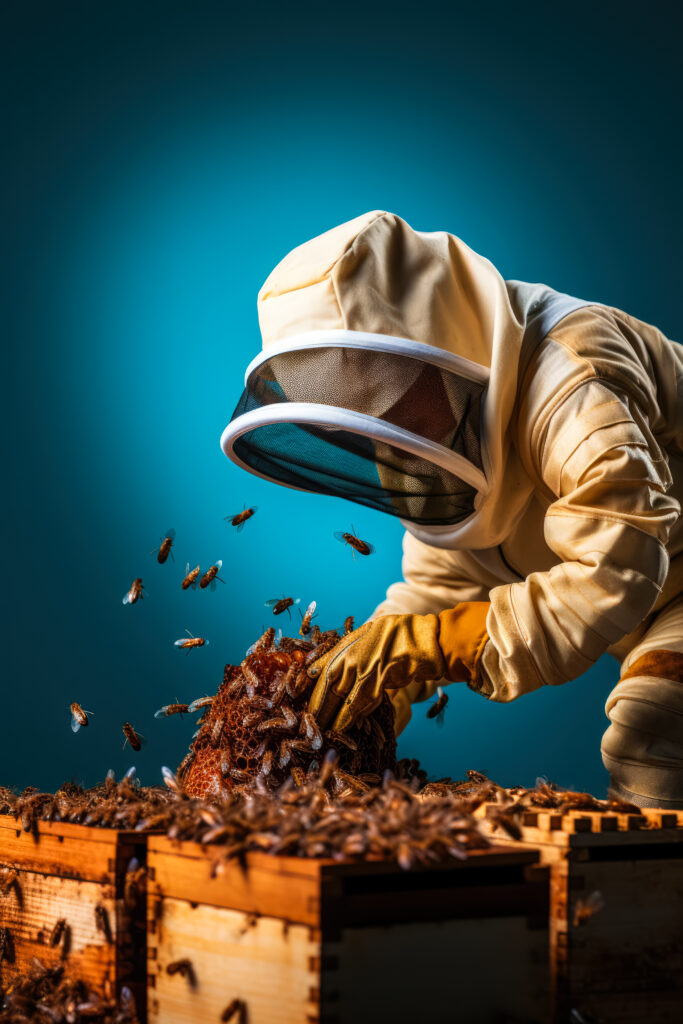Successful Hive Management in Beekeeping
Beekeeping is an ancient and fascinating practice that involves the care and cultivation of bees for honey and other bee products. An essential component of beekeeping is the proper management of beehives, which ensures both the health of the bees and optimal honey production. In this post, we will explore some key tips for successful hive management.
1. Know Your Bees:
The first step to successful hive management is understanding your bees. Learn about their behavior, needs, and life cycles. Bees have a unique social organization, and following their behavior patterns will allow you to work more efficiently in the hive.
2. Proper Equipment:
Ensure you have the necessary equipment for hive management, including a beekeeper suit, gloves, a smoker, and specific beekeeping tools. Safety is crucial to avoid stings and injuries.
3. Keep Records:
Maintain detailed records of your hive inspections and activities. This will help you track the health of the bees, colony growth, and honey production.
4. Inspection Routine:
Establish a regular hive inspection routine. This will enable you to detect health issues such as diseases and parasites before they become a severe problem. It also allows you to monitor food availability and honey production.
5. Feeding:
Ensure your bees have access to an adequate food supply, especially during times of scarcity. You may need to provide sugar syrups or supplementary food when necessary.
6. Brood Management:
Learn to identify and manage bee brood, including larvae, pupae, and young bees. This is critical for colony growth and health.
7. Pest Control:
Implement parasite control strategies, such as the Varroa destructor mite, which can severely harm colonies. Know the treatment options and follow a regular control plan.
8. Maintain Cleanliness:
Keep hives clean and tidy. Cleanliness is essential for disease prevention and maintaining a healthy environment for the bees.
9. Seasonal Planning:
Adjust your hive management practices according to the seasons. Bee needs change throughout the year, and it's important to adapt to these changes.
10. Learn from Other Beekeepers:
Participate in local or online beekeeping groups to learn from the experiences of others. The beekeeping community is an invaluable source of knowledge and support.
Hive management in beekeeping is both an art and a science. It requires patience, dedication, and a deep understanding of the bees. By following these tips and staying committed to caring for your hives, you can enjoy successful and sustainable beekeeping, as well as harvest the sweet reward of the honey they produce. Good luck on your beekeeping journey!


